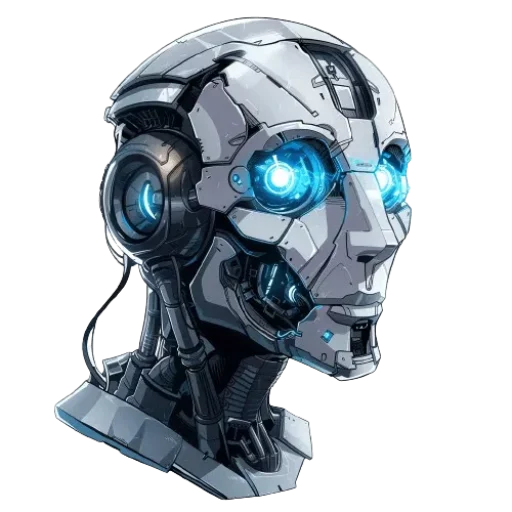Key findings
GenAI is poised to enhance the work of urologists by streamlining administrative tasks like data entry and scheduling.
It can assist in research, writing, and critical thinking, improving decision-making processes.
While it won’t transform the field, GenAI will augment tasks like systems evaluation and simple data analysis, allowing urologists to focus more on complex problem-solving and patient care.
How could AI or automation replace or complement job activities?
In the field of treating diseases of the genitourinary system, AI, automation, or LLMs like Chatgpt could enhance diagnostic processes, streamline administrative tasks, and aid in research.
However, they may not fully replace the nuanced care provided by urologists.
For example, AI could assist in analyzing diagnostic tests for prostate cancer, but the expertise and empathy of a urologist in discussing treatment options with patients are irreplaceable.
Job description
Diagnoses, treats, and helps prevent medical and surgical issues in the genitourinary system and renal glands, both benign and malignant.


0 Comments